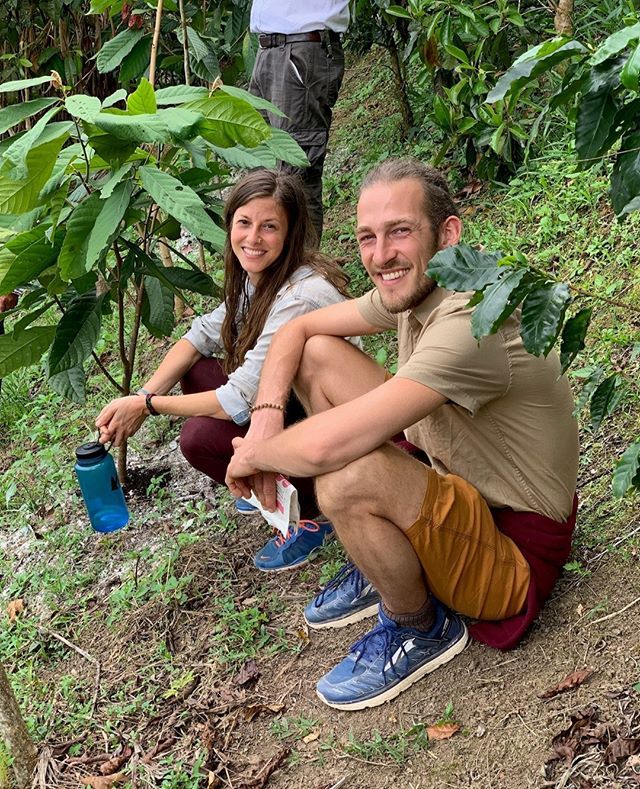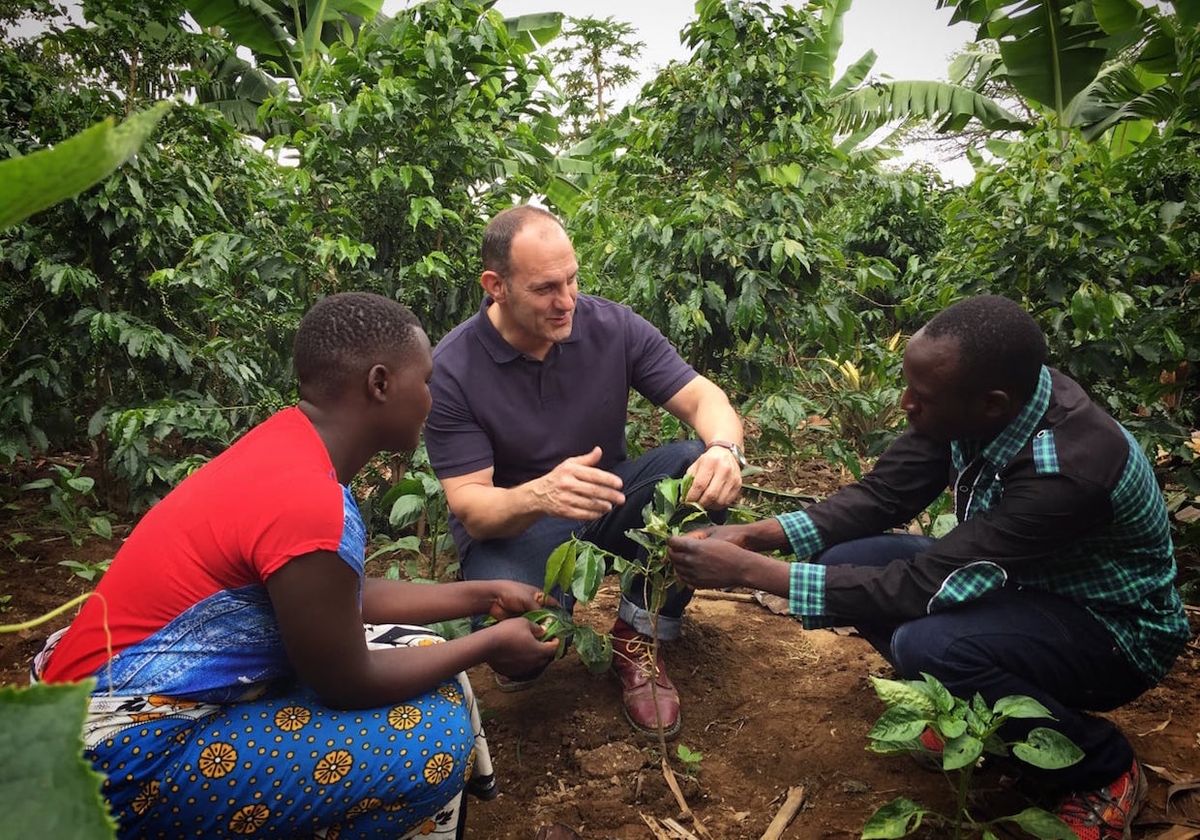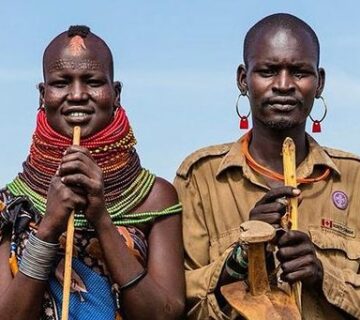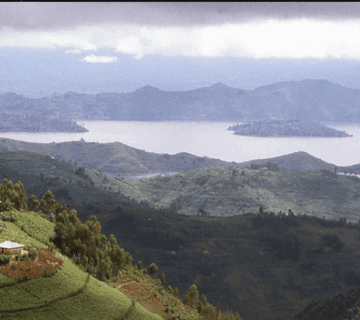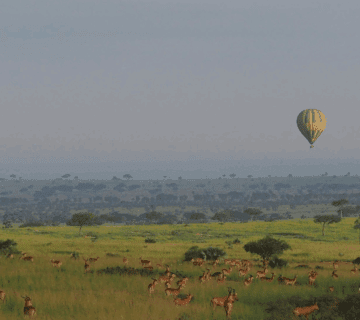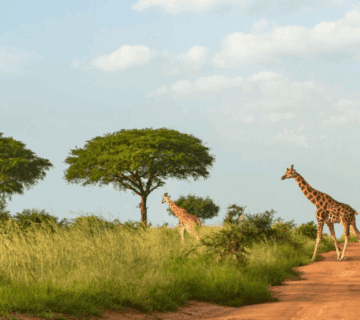Coffee is more than just a beverage in East Africa—it’s a cultural heritage, a way of life, and a thriving economic backbone. Countries like Uganda, Kenya, Rwanda, and Tanzania produce some of the world’s most flavorful coffee beans, drawing connoisseurs and travelers alike. Coffee Farm Group Tours in East Africa offer travelers a rare opportunity to explore the origins of their favorite cup, engage with local farmers, and enjoy unforgettable scenic and cultural experiences. In this article, we will explore why these tours are gaining popularity, what to expect, and why group tours are the ideal way to explore East Africa’s coffee heartlands.
Why Choose Coffee Farm Group Tours?
1. Shared Cultural Experience
Group tours provide a chance to share experiences with fellow coffee enthusiasts. Whether you’re tasting freshly brewed Arabica or learning traditional roasting methods, doing so with a group enhances the richness of the moment.
2. Cost-Effective
Coffee Farm Group Tours often offer discounted rates for accommodations, transport, and activities. With shared costs, travelers enjoy premium experiences at a lower price.
3. Expert-Guided Learning
Many group tours include experienced guides or agronomists who provide deep insight into the coffee-growing process, regional differences in bean varieties, and the socio-economic importance of coffee farming.
4. Easy Logistics
From lodging to meals and activities, everything is pre-arranged. This allows travelers to immerse themselves in the experience without worrying about the logistics.
Key Destinations for Coffee Farm Group Tours in East Africa
Uganda: The Pearl of Africa
Uganda’s high-altitude regions like Mount Elgon and the Rwenzori Mountains are home to some of the finest Arabica beans.
- Mbale & Mount Elgon: Known for organic Arabica coffee, tours here include farm visits, traditional coffee ceremonies, and forest hikes.
- Bugisu Cooperative: Engage with local farmers and witness sustainable farming practices firsthand.
Kenya: World-Renowned AA Coffee
Kenya’s coffee is famous for its bold, fruity flavor profiles. Nairobi and Central Highlands provide excellent farm tour opportunities.
- Kiambu & Nyeri Regions: Home to smallholder farms and cooperatives. Group tours often include cupping sessions and visits to local coffee factories.
- Nairobi Coffee Walking Tour: Combine urban exploration with coffee education in the capital.
Rwanda: Land of a Thousand Hills
Rwanda has rapidly emerged as a specialty coffee producer. Its coffee is often washed and has a tea-like brightness.
- Lake Kivu Belt: Picturesque scenery and premium beans. Group tours include boat rides, farm tours, and cultural performances.
- Women’s Coffee Cooperatives: Many tours emphasize women-led cooperatives, offering unique insights into gender and agriculture.
Tanzania: The Diverse Producer
Tanzania offers both Arabica and Robusta, grown in regions like Kilimanjaro and Mbeya.
- Kilimanjaro Region: High-altitude farms with views of Africa’s tallest mountain. Group hikes and visits to Chagga coffee farms are popular.
- Mbeya: An emerging specialty coffee region offering more off-the-beaten-path experiences.
What to Expect on a Coffee Farm Group Tour
Day-to-Day Itinerary
Most Coffee Farm Group Tours in East Africa include:
- Farm Visits: Walk through coffee plantations, learn about cultivation and harvesting.
- Processing Education: Observe how beans are sorted, pulped, washed, fermented, dried, and roasted.
- Cupping Sessions: Learn the professional method of tasting and evaluating coffee.
- Cultural Activities: Engage with local communities through dance, cooking, and crafts.
- Nature Excursions: Safaris, waterfalls, and nature hikes are often included.
Accommodations and Transport
Expect a mix of eco-lodges, farm stays, and boutique hotels. Transport is typically in safari vans or 4×4 vehicles suitable for rural terrain.
Group Dynamics
Most group sizes range from 8–15 people. This creates an intimate, interactive atmosphere without overwhelming the host communities.
Ideal Time to Travel
The best time for Coffee Farm Group Tours in East Africa coincides with the coffee harvest seasons:
- Uganda: September–February (Arabica), March–June (Robusta)
- Kenya: October–December, April–June
- Rwanda: March–July
- Tanzania: June–October
These months also coincide with East Africa’s dry seasons, making travel more comfortable and scenic.
Sustainable Travel and Impact
Group coffee tours often contribute to local economies and encourage sustainable farming practices. Participating in these tours helps:
- Promote fair trade and ethical sourcing.
- Support local cooperatives, many of which are women- or youth-led.
- Reduce individual carbon footprints via shared transportation.
Tips for Planning Your Coffee Farm Group Tour
- Book Through a Reputable Tour Operator: Look for specialists in Coffee Farm Group Tours who understand the region and support local communities.
- Pack Appropriately: Bring sturdy shoes, insect repellent, light clothing, and an appetite for discovery.
- Stay Open-Minded: Embrace local customs, food, and practices.
- Learn Basic Phrases: A few words in Swahili or Kinyarwanda can go a long way.
- Ask Questions: Farmers are often eager to share their knowledge and stories.
Coffee Farm Group Tours in East Africa are more than just a vacation—they are immersive educational journeys into one of the world’s most loved commodities. Whether walking the terraced slopes of Rwanda, learning about soil health in Kenya, or sharing a home-roasted cup with Ugandan farmers, every moment is rich with connection and discovery. Traveling in a group enhances safety, enjoyment, and learning, while also supporting sustainable tourism. If you’re a coffee lover, adventurer, or cultural enthusiast, East Africa awaits you—one cup at a time.

